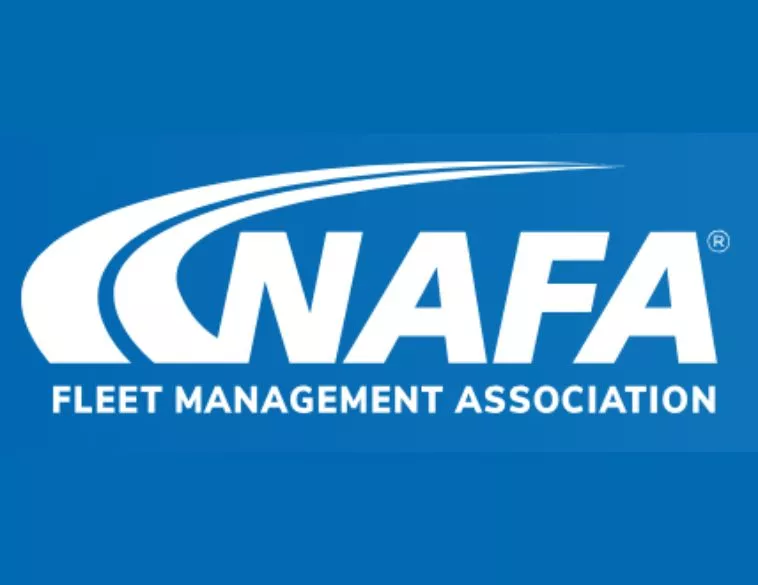Chauffeur Inc.: The Silent Cancer of Canadian Trucking

The “Chauffeur Inc.” scheme is quietly eroding the core of Canada’s trucking industry.
For more than two decades, I have watched Canada’s trucking sector move between periods of prosperity and hardship, with fluctuating fuel prices, driver shortages, economic crises, and waves of new technology. Yet few problems have done as much long-term harm as the rise of “Chauffeur Inc.”, an illegal practice that pretends to promote independence while eroding fair competition, draining public funds, and endangering road safety.
The scheme is straightforward. As both the Quebec Trucking Association (ACQ) and the Canadian Trucking Alliance (CTA) have warned for years, some carriers pressure their drivers to set up a corporation so they can be classified as independent workers, even though they continue to work as regular employees. These drivers do not own their trucks, operate under the carrier’s authority, follow their schedules, and serve their clients. In essence, they are employees disguised as entrepreneurs.
This practice allows some companies to avoid payroll taxes and social contributions, cutting their operating costs by 20% to 30%. The outcome is profitable for them but deeply harmful to the rest of the industry and to Canadian taxpayers.
Dangerous Cheats in the Rearview Mirror
“The rules are being trampled by a group of companies that are weakening our industry from within,” said Marc Cadieux, President and CEO of the ACQ, during a press conference in Ottawa on October 6, alongside Bloc Québécois MP Xavier Barsalou-Duval.
The ACQ now calls these operators “dangerous cheats.” They cut operating costs by up to 30% through deceptive recruitment practices, taking advantage of their lack of knowledge to persuade them to set up companies, providing false or outdated documents, and relying on substandard training schools.
These fraudulent tactics create unfair competition, pushing legitimate carriers out of contracts while governments lose billions in unpaid taxes and social contributions.
From Unfair Competition to a Safety Crisis
What once worried tax experts and penalized law-abiding carriers has now drawn the attention of road safety authorities. Many incorporated drivers are undertrained, overworked, and poorly supervised, which increases their involvement in serious road accidents. “Overworked by their employers and undertrained for the demands of operating a heavy vehicle, these drivers are involved in an alarming number of severe crashes,” said Marc Cadieux.
The ACQ is calling for coordinated action by Employment and Social Development Canada, the Canada Revenue Agency, Transport Canada, and Public Safety to share data, conduct joint audits, and impose stronger penalties on offenders.
A Breakdown of the Rule of Law
The tone is just as serious at the Canadian Trucking Alliance. In its 2025 pre-budget submission, the organization described a “breakdown of the rule of law” in some parts of the trucking industry. According to their data, as many as 65% of carriers in certain segments are violating federal labour laws. This includes wage theft, exploitation of foreign workers, denial of paid leave, and disregard for safety regulations.
“When companies can steal wages, ignore safety laws, and simply change names to dodge penalties, the message is clear: crime pays,” concludes CTA President Stephen Laskowski.
The alliance is also raising the alarm over “licence mills,” private schools that offer low-cost truck-driver training without meeting the standards of the Mandatory Entry-Level Training program. The issue has evolved beyond financial misconduct and now represents a genuine public safety concern.
A Political Issue That Can No Longer Be Ignored
To address this growing threat, the Canadian Council of Motor Transport Administrators has begun updating safety standards 7, 14, and 15 of the National Safety Code. Meanwhile, the House of Commons Standing Committee on Transport is launching hearings this fall on the Chauffeur Inc. phenomenon. The objective is not just to curb tax fraud but to restore public trust in an industry that is vital to Canada’s economy.
While legitimate carriers invest heavily in telematics, artificial intelligence, and decarbonization, others continue to operate in the shadows of the underground economy. Law-abiding businesses face worker shortages, rising equipment costs, and environmental regulations while competitors enrich themselves by breaking the law.
Ending the Chauffeur Inc. scheme is about more than compliance. It is about professional integrity, public safety, and economic justice. In an industry known for weathering crises, staying true to those values is the only real path to long-term sustainability.
Ten Key Demands
Supporting the Quebec Trucking Association, the Bloc Québécois has tabled ten concrete proposals in Ottawa to combat the Chauffeur Inc. scheme:
1. Launch an official investigation into the issue
2. Prohibit temporary foreign workers from working as self-employed drivers
3. Require ESDC and the CRA to audit trucking firms with no employees or trucks within 18 months of their creation
4. Hold contractors liable for unpaid taxes and social contributions
5. Establish a national database of industry violations accessible to roadside inspectors and law enforcement
6. Create a public registry of offending companies
7. Implement an employer certification program for hiring temporary foreign workers
8. Update the hours-of-service regulations for drivers
9. Make it mandatory for trucking companies without employees to issue T4A slips
10. Develop a Canada-wide registry of active truck driver insurance policies
A Warning from the South
In August, a tragedy in Florida shook the transportation sector across North America. A truck driver with no legal status, hired by a questionable company, caused a fatal crash while performing an illegal maneuver. For the Canadian Trucking Alliance, this must serve as a wake-up call. Canada is not immune to a similar disaster.
Since 2020, 83 Canadian trucking firms have been fined for violations of the Temporary Foreign Worker Program, accumulating 2.48 million dollars in penalties, more than half of which remain unpaid.





